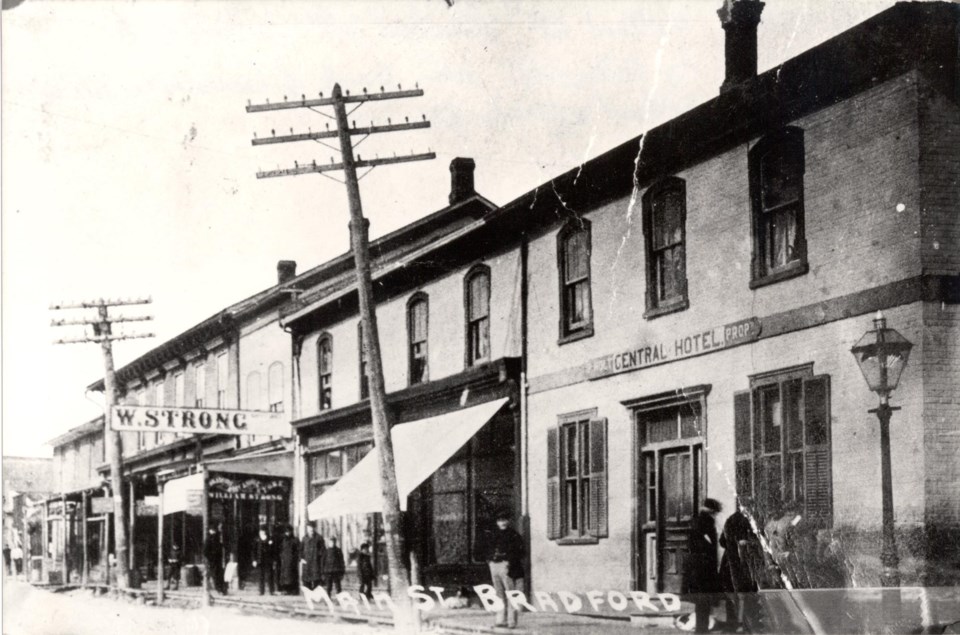Holland Landing as a hotbed of criminal enterprise? It sounds preposterous, and yet during Prohibition it was.
While Holland Landing doesn't exactly belong in the same league as such hotbeds of 1920s booze-soaked mayhem as Chicago and New York, it was the heart of moonshining here in our region during Prohibition and developed a notorious reputation as a result.
The Noble Experiment, as Prohibition was officially called, was intended to reduce crime and poverty by regulating the production and consumption of alcohol. Instead, it heralded more than a decade of violence, mayhem and greed.
Mobsters on both sides of the border turned the sale of alcohol into a multi-million-dollar empires.
Under the British North America Act of 1867, provinces were assigned the power to regulate the retail sale of alcohol, while the power to regulate its production fell to the federal government, which maintained the power to regulate its production.
As a result, Canada’s era of Prohibition differed. While it lasted from 1916 to 1927 in Ontario, in some provinces in endured until 1930. Meanwhile, in the United States, Prohibition lingered until 1933.
The ban on alcohol was highly unpopular, and many otherwise law-abiding citizens willingly broke the law to quench their thirst. Continued demand for alcohol and its scarcity through legitimate channels made it extremely profitable to manufacture illicit whisky. Small stills sprang up like weeds.
Holland Landing was the home of many such whisky stills. The wild marsh and brush-land typical of the area provided ample cover for illegal activities and rum-runners had the option of using quiet country roads or the Holland River and its tributaries to deliver their drink to clients.
Thanks to these moonshiners, Bradford never truly went dry. Whisky and beer were easily — if surreptitiously — available in pool halls, cafes, restaurants, hotels, and even stores. In fact, it was estimated some 30 per cent of such establishments routinely violated Prohibition laws.
Lawmen were kept busy scouring bush lots and woodlands around Holland Landing for moonshiners who sold their illegal product locally and as far away as Toronto. Despite sending a steady stream of men to jail, there's little evidence rum-running in Holland Landing abated before Prohibition was lifted.
What is beyond doubt, however, is that the Prohibition movement did not live up to the promise that it would cure society’s ills.



